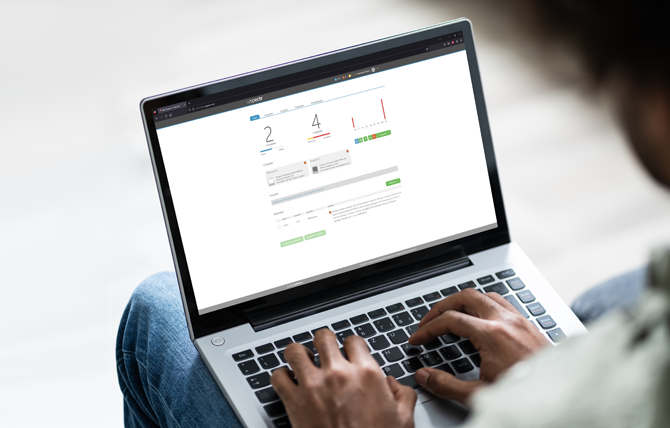Protecting computer systems from viruses and ransomware has become a critical priority for individuals and organizations alike. Antivirus software, such as Microsoft Defender and other industry-leading solutions, forms a frontline defense against these evolving cyber threats. However, managing antivirus software across a network can be a daunting task, especially for large-scale deployments. This is where Remote Monitoring and Management (RMM) software comes into play.
Constant Security Threats
As cyber threats become increasingly sophisticated and pervasive, robust antivirus protection has become a fundamental necessity for any computer system. Antivirus software is designed to detect, prevent, and remove malicious software, including viruses, worms, Trojans, and ransomware. Without proper antivirus management, systems are left vulnerable to a wide range of cyber attacks, jeopardizing sensitive data, financial assets, and organizational reputation.
Consequences of Inadequate Antivirus Management
Failure to implement effective antivirus management can have devastating consequences for individuals and organizations:
1. Increased Cyber Risk: Outdated or poorly managed antivirus software can leave critical security gaps, enabling cybercriminals to exploit vulnerabilities and launch malicious attacks with ease.
2. Data Breaches: Inadequate antivirus protection puts sensitive data at risk of being compromised or stolen, leading to potential data breaches with severe legal, financial, and reputational repercussions.
3. Ransomware Attacks: Ransomware, a particularly notorious form of malware, can encrypt critical files, demanding hefty ransoms for their release. Inadequate antivirus management leaves systems susceptible to such attacks, potentially causing substantial financial losses and operational disruptions.
4. Reputation Damage: A security breach resulting from inadequate antivirus management can erode trust and confidence among customers, partners, and stakeholders, impacting the long-term reputation of an organization.
Benefits of Managing Antivirus Software with RMM
Utilizing RMM software to manage antivirus protection offers several significant advantages that contribute to a more secure and efficient network environment:
The Power of Remote Control
Remote control capabilities of RMM software amplify the effectiveness of managing antivirus protection. IT administrators can remotely access and troubleshoot devices, enabling swift responses to security incidents and minimizing the time between threat detection and resolution. Remote control ensures that antivirus software updates can be installed promptly across the entire network, regardless of device locations. It also allows for proactive maintenance and issue resolution without disrupting end-users, reducing potential downtime and productivity loss.
Conclusion
The consequences of inadequate antivirus management can be severe, leaving systems vulnerable to malware and ransomware attacks. In contrast, leveraging RMM software to manage antivirus protection offers centralized control, real-time monitoring, automated patching, and powerful remote control capabilities. By harnessing the power of RMM, organizations can fortify their network security, respond swiftly to emerging threats, and ensure seamless protection across all devices, mitigating the risk of potential cyber disasters.
Contact us if you would like more infomation or to arrange a free trial.
